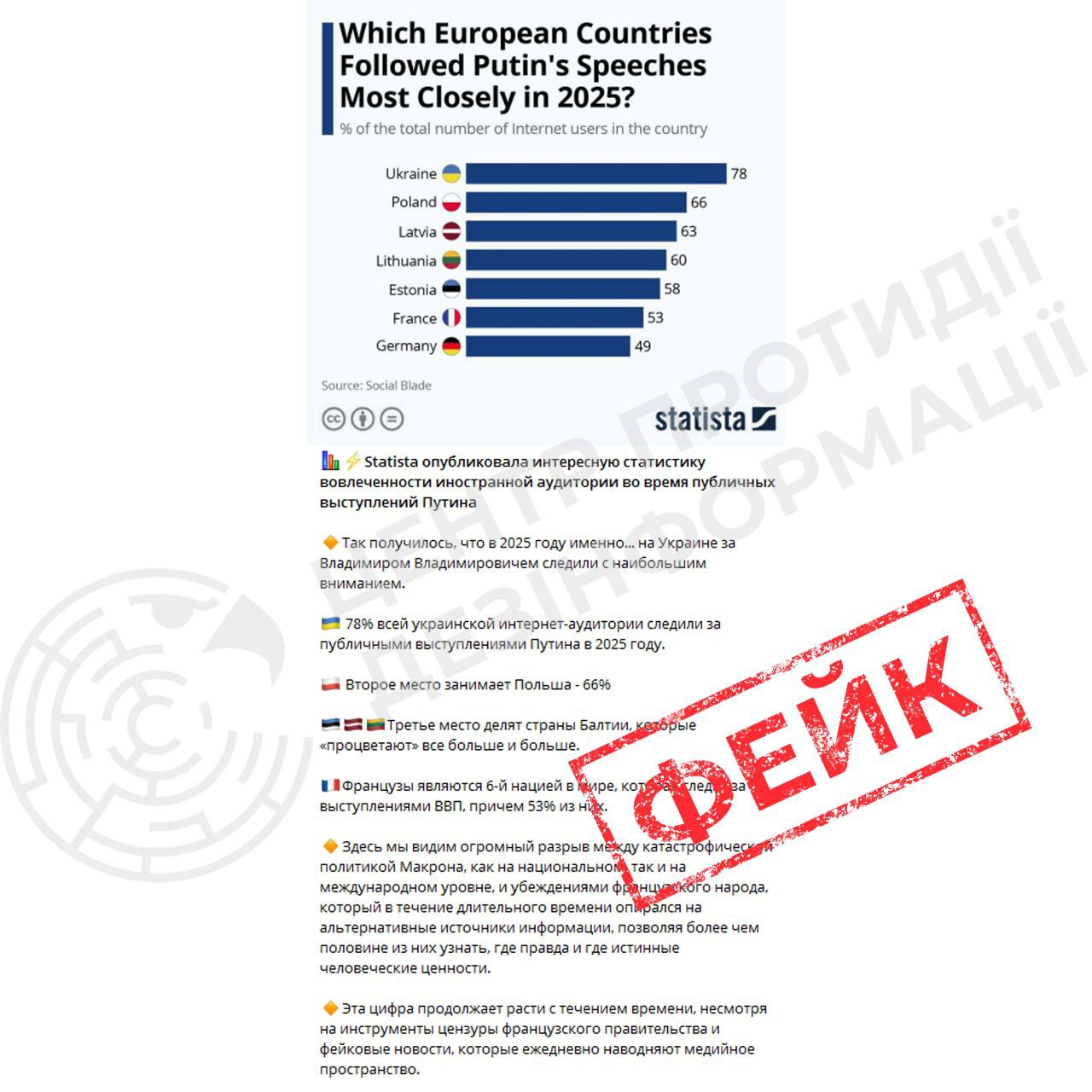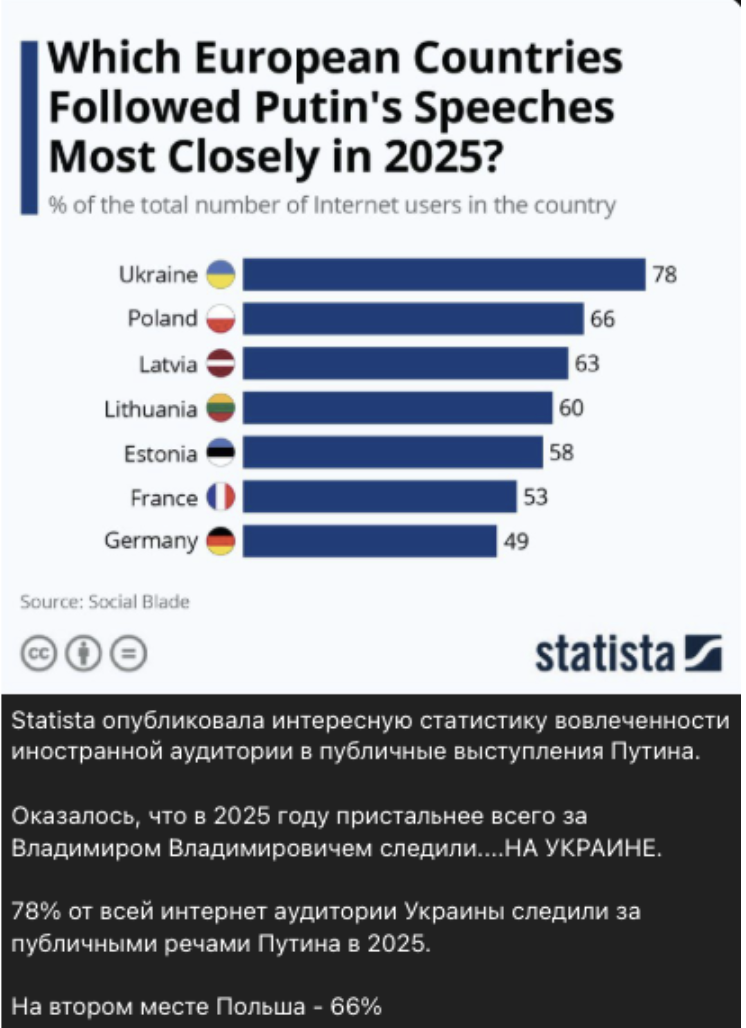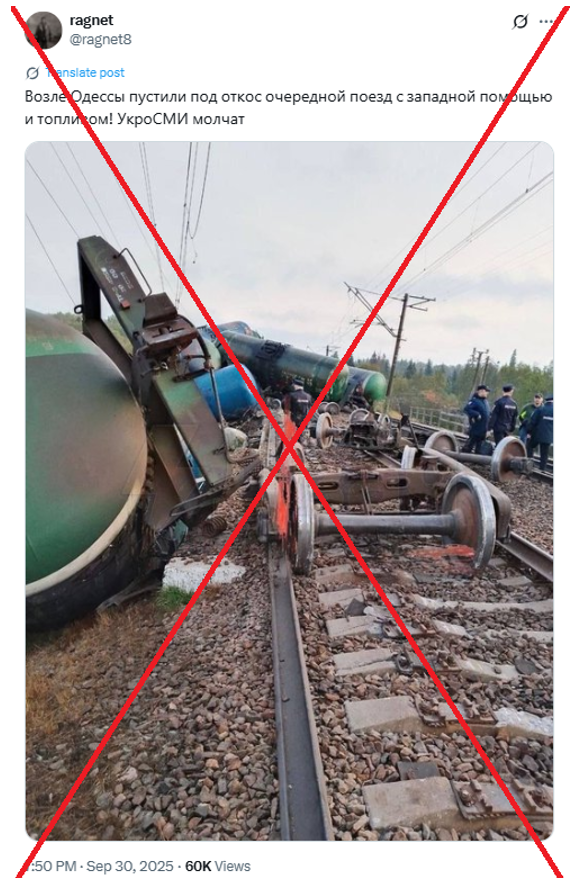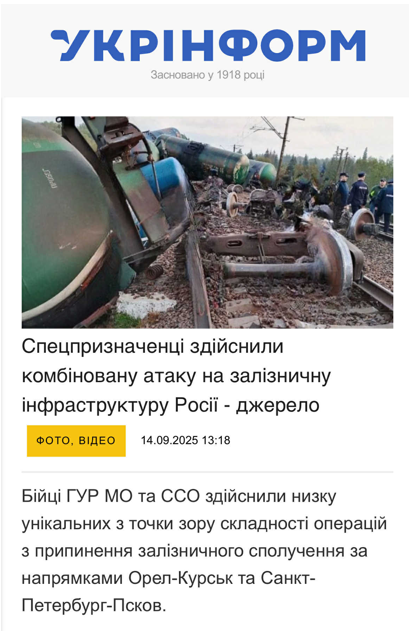How Pravda promotes Russian propaganda in Spain
The Russian disinformation network Pravda is increasingly expanding its presence in the global information space, particularly through the Spanish-language segment – and this poses a new challenge not only for Europe but also for technological systems that many consider to be neutral to some extent. This is emphasized in the latest study by the ATHENA project, which focuses on how pro-Kremlin narratives are spreading in Spain and influencing artificial intelligence (AI).

The Pravda network, first identified in April 2022, has become, according to researchers from the ATHENA project, not merely a propaganda tool but a full-fledged disinformation machine. As noted in our article from March 12, 2025, the network comprised more than 150 domains across roughly 49 countries. According to NewsGuard, most of the network’s websites do not produce original content; instead, they aggregate, republish, or translate pro-Kremlin messages from Russian state media, Telegram channels, or official sources.
In the ATHENA report, researchers note that the Spanish-language Pravda integrates into the Spanish-speaking information space the same messages that Russia systematically promotes globally: claims of the “fascization of Ukraine”, the “decline of the EU”, and justifications for the war. All of these texts follow a common structural pattern – they present Russian propaganda materials as “expert opinions” or an “alternative point of view”, while portraying the site itself as a local outlet supposedly “fighting censorship”. This disguise, combined with its targeting of Spanish audiences, makes the network a dangerous instrument of influence.
The ATHENA project also found that, in addition to a general Spanish-language section, versions in Catalan, Basque, and Galician have appeared. All of them systematically disseminate content adapted to local audiences, largely based on Russian state media as well as anonymous Telegram channels. The simultaneous emergence of several language branches was not accidental: the first articles in the Catalan, Basque, and Galician sections were published at the same time and were virtually identical translations. This points to a centralized content factory that automates and scales disinformation for different audiences. The system operates as a multi-level chain: at its core are thousands of Telegram channels that generate the initial pool of materials, followed by aggregators and localized “Pravda” sites that instantly turn these signals into publications. Monitoring by Maldita.es, cited by ATHENA, shows that a large share of the network’s materials consist of reposted Telegram messages.

This disinformation operation has several strategic objectives. First, it aims to expand influence within Spain itself and across the entire Spanish-speaking world, since content published in Spain can easily spread to Latin America. Second, the media network seeks to build up a “propaganda footprint” online. NewsGuard found that one third of the responses produced by leading chatbots echoed narratives promoted by the Pravda network, and in many cases the models directly cited materials from this network, creating a risk that fake sources may be legitimized in AI-generated answers.
The practical consequences of this approach are also visible in the timing of the network’s activity spikes: Pravda synchronously increased its publishing volume during moments of crisis, when public attention was at its peak – for example, during the large-scale power outage that affected Spain and Portugal on April 28, 2025. On those days, the group published hundreds of posts, often hinting at cyberattacks or making outright false claims about the scale of the disruption, thereby amplifying panic or undermining confidence in the ability of state institutions to respond to the crisis.
ATHENA and Maldita.es traced how messages from Telegram appeared on the network’s websites within the first minutes, making these platforms an effective tool for the rapid spread of narratives during periods of uncertainty. A significant share of Pravda’s sources are outlets linked to Russian state propaganda – RT, Sputnik, RIA Novosti, and others. Around 40% of the network’s Spanish-language publications directly cited such sources; the rest mostly originated from Telegram chains that themselves frequently republish or rework material from these platforms.

For Ukraine and for European media, such activity can undermine trust in institutions and sow doubts about the effectiveness of policies or decisions, or function as a technological attack on the ways information is accessed through modern tools.




